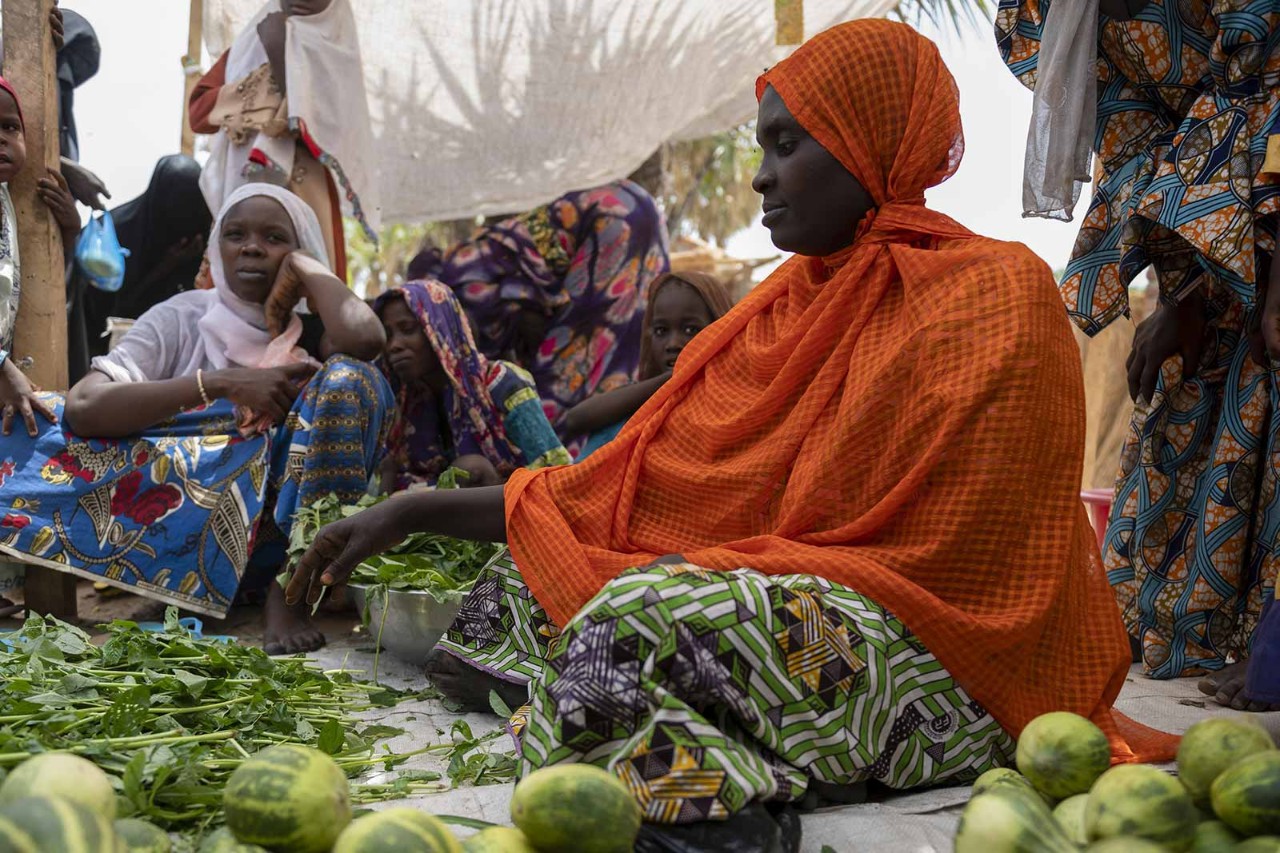
Over the past two decades and more, countries in East Africa have been adopting IFRS Standards, including the recent IFRS for SMEs. But there are still challenges in implementation due to a shortage of finance professionals with the relevant skills.
Against this background, AB recently hosted a roundtable with experts from Uganda, Rwanda and Ethiopia to shine a light on the issues, while also highlighting the benefits of IFRS Standards.
Frederick Kibbedi FCCA, a partner with PKF Uganda, joined Egide Clement K Niyitegeka FCCA, founder of 3N PRIMO in Rwanda, and Gobeze Dessalegn FCCA, a director in HST Ethiopia, to discuss how IFRS has developed in the three countries.
‘There were very few consultants with the right skills and understanding in the country’
Adoption status
Uganda began to adopt IFRS Standards in 1998, just ahead of its neighbour, Kenya (see box). Now, according to Kibbedi, ‘very few entities have not adopted IFRS, including public sector organisations’.
Kenya's IFRS journey
A 1999 council statement from the Institute of Certified Public Accountants of Kenya (ICPAK) requires all publicly listed companies as well as all ‘publicly accountable’ businesses (whether listed or not) to use IFRS Standards. IFRS Standards effectively had to be applied to all financial statements required to present a true and fair view.
‘The move to adopting IFRS in full did have a lot of challenges,’ says Nihla Mazrui FCCA, head of IFRS at RSM in Kenya. ‘For instance, at that time, IAS 39, Financial Instruments was introduced, but getting companies to comply was more of a challenge than with other IFRSs, which were closer to existing standards.’
The advent of IFRS for SMEs was seen as a welcome addition but, according to Mazrui, uptake was slow. In Kenya, compliance is driven more by auditors than preparers of financial statements and few auditors have been encouraging the transition, though the larger audit firms have been more effective. There is also confusion among SMEs that had grown and assumed that the standard no longer applied to them, though this is more noticeable in Tanzania than Kenya, according to Mazrui.
Mazrui adds that ICPAK is working hard to build skills in smaller accountancy practices, by running CPD courses and awards ceremonies that promote best practice and help raise awareness of the need to comply. ‘The journey continues,’ she says.
Rwanda joined the IFRS club a decade later when new legislation was passed requiring entities to report under IFRS Standards.
Ethiopia, a more recent adopter, split entities into three groups – significant public interest entities (PIEs), other PIEs and SMEs – for a staggered programme of implementation. Significant PIEs adopted IFRS Standards in 2018, while other PIEs were expected to adopt the standards in 2019 and SMEs in 2020. However, implementation difficulties led to a revised roadmap, and other PIEs will now adopt in 2023 and SMEs in 2024.
‘The problem was that despite the gap between the proclamation in 2014 and the original implementation date, companies left it too late to begin the conversion process and so were unable to complete it within the timeframe,’ Gobeze explained. ‘Also, there were very few consultants with the right skills and understanding in the country.’
Stumbling block
In Rwanda, according to Niyitegeka, one of the early hurdles that companies faced was the shift from the OCAM regional reporting framework, together with a general resistance to change. This led the government to establish the Institute of Certified Public Accountants of Rwanda (iCPAR) with a broad mandate to grow and regulate the accounting profession and further promote the use of IFRS.
There was also a lack of understanding of IFRS Standards and the reasons behind adoption. As a result, ‘The quality of disclosures was not high, and it was difficult to find people with the required skills,’ Niyitegeka added.
In the event, ACCA was called upon to help create the necessary expertise for the transition.
‘SMEs were also required to adopt the standards, and they faced further issues around the lack of data and level of expertise in areas such as fair valuations,’ says Niyitegeka. ‘The Rwandan government has taken the initiative here, setting up schools and colleges to help build this expertise.’
Kibbedi said that Uganda faced similar issues – the low number of finance professionals in the country at the time meant there was a lack of expertise and understanding among users of accounts as well. ‘Here also ACCA helped to stabilise the situation,’ he said. ‘Now around 60% of accountants in Uganda are ACCA members, which has helped to fill the knowledge gap.’
Promoting best practice
Kibbedi also observed that as the Ugandan securities market was underdeveloped with little in the way of regulatory resources, enforcement of the new standards was low. This was in part addressed by the creation of awards schemes to promote best practice, which helped to improve the situation, although the challenges of implementing principles-based standards remain. ‘However, this has now stabilised to the extent that we are able to look at other issues, such as ESG reporting,’ he said.
‘We have a long way to go, but I salute the progress and am looking forward to future opportunities’
Despite the many difficulties of implementation, all three speakers recognised that there were many advantages to IFRS adoption. In Uganda, Kibbedi said, implementation came at a time when Kenya was attracting investment into the East Africa region, so introducing IFRS helped to open up its neighbour to the world.
Niyitegeka noted that IFRS Standards helped comparability in Rwanda, adding that the country aims to become a regional services hub. ‘The strategy needs to make sure that investors are receiving proper accounts as well as enforcing behaviour to ensure the accounts are accurate.
‘IFRS has been of paramount importance for the profession in Rwanda over the last 14 years – the laws that led to IFRS also created an institute, and we now have more than 1,000 members. We have a long way to go, but I salute the progress and am looking forward to future opportunities.’
Multiple advantages
Gobeze felt the benefits would be slightly different for Ethiopia. ‘Before IFRS adoption, we didn’t have a framework, so it wasn’t a matter of choice. Going international was a necessity,’ he said. However, he agreed that there were many advantages arising from increasing comparability, transparency and accountability.
‘The lowering of the cost of capital will contribute to economic growth,’ he added. ‘It will also help international investors as they consolidate accounts; facilitate mergers and acquisitions; and increase our competitiveness.’
The adoption of IFRS for SMEs will bring advantages as well. As Kibbedi said: ‘It will bring simplicity to a complex position, with 3,000 disclosures reduced to 300.’
There is too little input from emerging markets into how IFRS Standards are formulated
Gobeze echoed this point, describing the advantages of the SME standard as ‘indisputable’. He said: ‘The level of disclosures has been reduced by 90%, and the text of the standard has been redrafted into plain English.’
Niyitegeka noted that in Rwanda, the vast majority of companies were SMEs, but most used IFRS Standards instead of IFRS for SMEs, making the cost of compliance high.
Looking to the future, all agreed that there continues to be a skills shortage, and that there was too little input from emerging markets into how IFRS Standards are formulated. As Kibbedi said: ‘There is an absence of less developed countries at the table.’
Ultimately, however, there was consensus that the advantages of IFRS Standards would outweigh the disadvantages.



